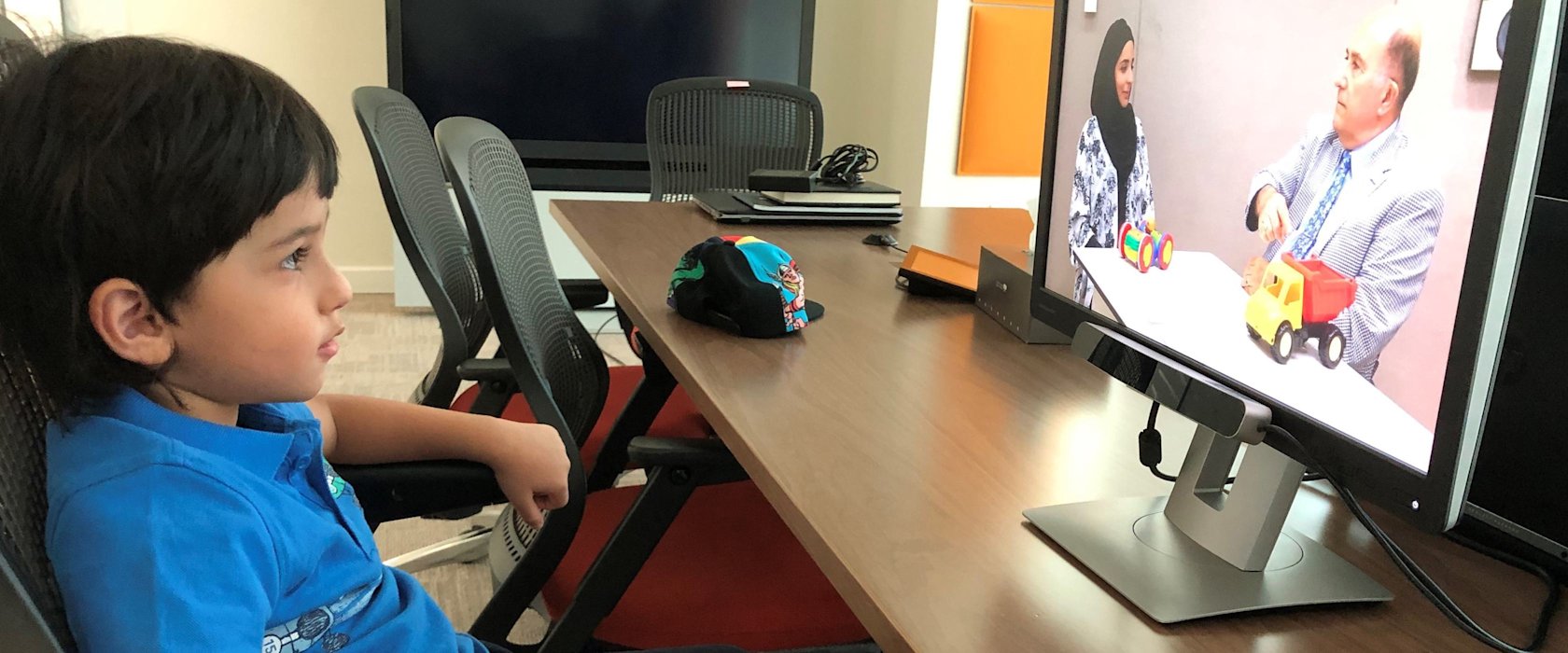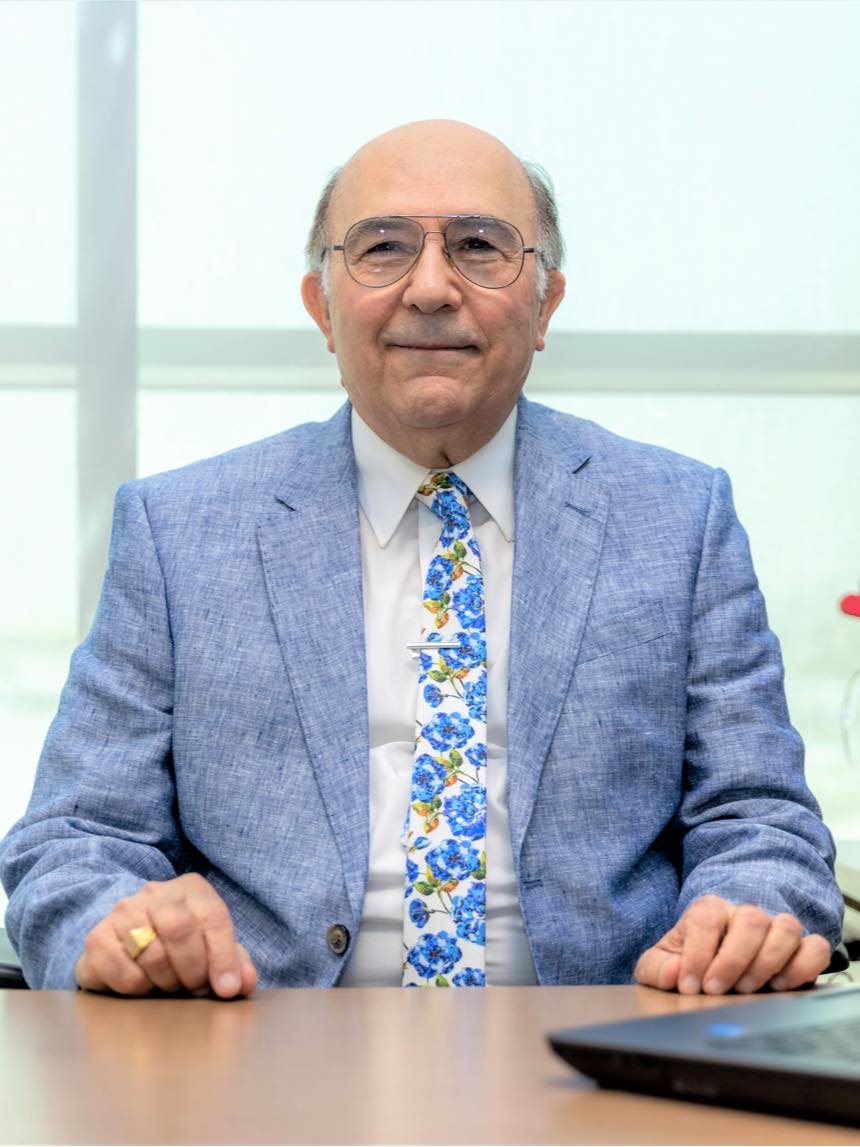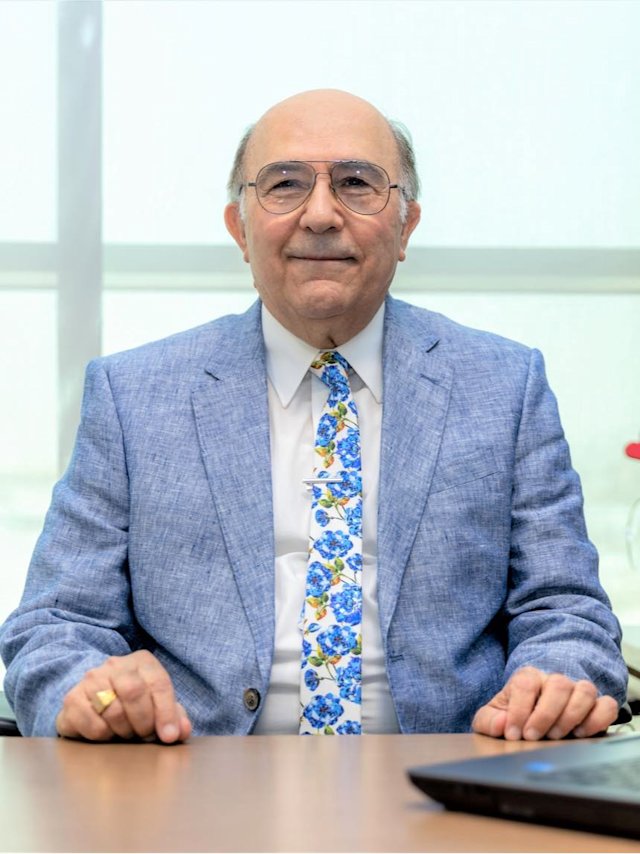Coronavirus (COVID-19) Updates
For the latest COVID-19 information and updates from Qatar Foundation, please visit our Statements page

Dr. Fouad Al-Shaban from QBRI at QF’s HBKU details the effects the pandemic has had on those with Autism Spectrum Disorder
The past year-and-a-half have been bittersweet for medicine. Effective vaccines were developed at breakneck speed to deal with a global pandemic. But it came at a cost. It put other diseases on the back burner, such as Autism Spectrum Disorder (ASD), among many others.
Autism spectrum disorder (ASD) is a complex developmental condition that involves persistent challenges in social interaction, speech, and nonverbal communication, and repetitive behaviors, its severity of symptoms differs from person to person. Its prevalence in Qatar is reported to be one in every 87 children.


Every step of the ASD journey took a hit in the past eighteen months, whether diagnosis, treatment or research
“Every step of the ASD journey took a hit in the past eighteen months, whether diagnosis, treatment or research,” said Dr. Fouad Al-Shaban, Senior Scientist at the Neurological Disorders Research Center at the Qatar Biomedical Research Institute (QBRI), part of Hamad Bin Khalifa University (HBKU), a member of Qatar Foundation (QF).
Dr. Al-Shaban conducted a survey in collaboration with Qatar Autism Family Association and QF’s World Innovation Summit for Health (WISH), to evaluate how measures taken to control COVID-19 pandemic impacted individuals with ASD and their families in Qatar. A total of 156 families took part in the first round of the survey.
Preliminary results showed that 80 percent of children with ASD have not had access to a qualified specialist since the pandemic began. Over 50 percent of the respondents said they had noticed a regression in their child’s previously gained skills.
A distressed respondent said: “The pandemic has added more stress to an already stressful situation. Children with autism have daily routines, and when that routine is disrupted it has a mental and physical effect on the families and the child. Life is difficult with autism, and with the pandemic it's been impossible to have any normalcy whatsoever. More support needs to be made available for children with ASD.”
Access to therapy is life-changing for kids with ASD, and not having access to it for prolonged periods will harm their chances in life
This loss of routine is often further complicated by the fact that children with ASD don’t understand the reason for the changes that the pandemic has brought about.
Another respondent said: “Lack of outings and staying at home has caused a negative shift for us as a family and for our child. His skills and behavior have changed and that is our main challenge; we are worried about how he will resume when life goes back to normal.”
For most children with autism, it isn’t just that they have not been able to learn new skills, but that they have unlearned previously gained skills. “They are back at square one, which is obviously very frustrating for the parents,” said Dr. Al-Shaban.

Image source: Master1305, via Shutterstock
Skill-building through therapy is integral to children with ASD as it helps them perform day-to-day activities. For example, brushing teeth is a simple process for most, but for children with severe ASD, it involves more than 40 individual steps to get from start to finish. They must learn and master each step before they acquire the skill.
Local institutions, such as QF’s Renad Academy, Hamad Medical Corporation and Shafallah Center have been trying their best to safely restore their services at the highest possible capacity in compliance with guidelines outlined by the Ministry of Public Health.
“Access to therapy is life-changing for kids with ASD, and not having access to it for prolonged periods will harm their chances in life,” said Dr. Al-Shaban.
We can’t lose any more time. We need to work around the clock if we want to minimize the impact of what’s already happened
As restrictions ease, therapy has been made available to some extent, but the backlog of 18 months means the demand is much more than the supply. Dr. Al-Shaban said: “We need more therapists to help these children catch up as best as we can and as soon as we can.”
Another major cause of concern is all the kids that have gone undiagnosed since the pandemic started. With ASD diagnosis, timing is crucial. The earlier a child is diagnosed, the better their chances of improvement.
Dr. Al-Shaban said: “The learning curve of a child diagnosed at 12 months is hugely different from a child diagnosed at two or three years. For children with ASD, every month counts when it comes to diagnosis.”

Image source: myboys.me, via Shutterstock
He said it is critical that all facilities that can diagnose ASD should be allowed to resume operations. “We can’t lose any more time. We need to work around the clock if we want to minimize the impact of what’s already happened.”
Dr. Al-Shaban stressed that urgent action must be taken, both locally and globally, to ensure services for those with ASD are safely restarted at maximum capacity as soon as possible. “The consequences of not doing so will be grave not just for the children with ASD but for their families and society as a whole.”

